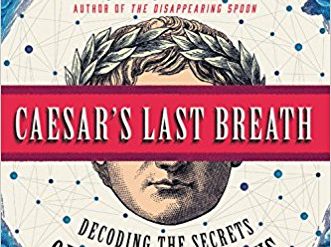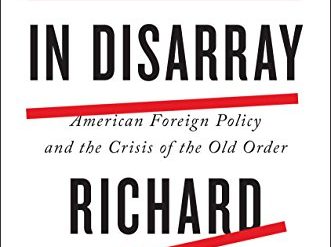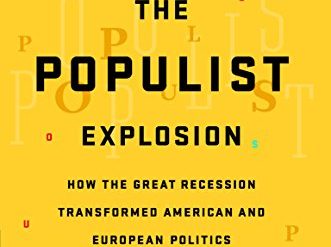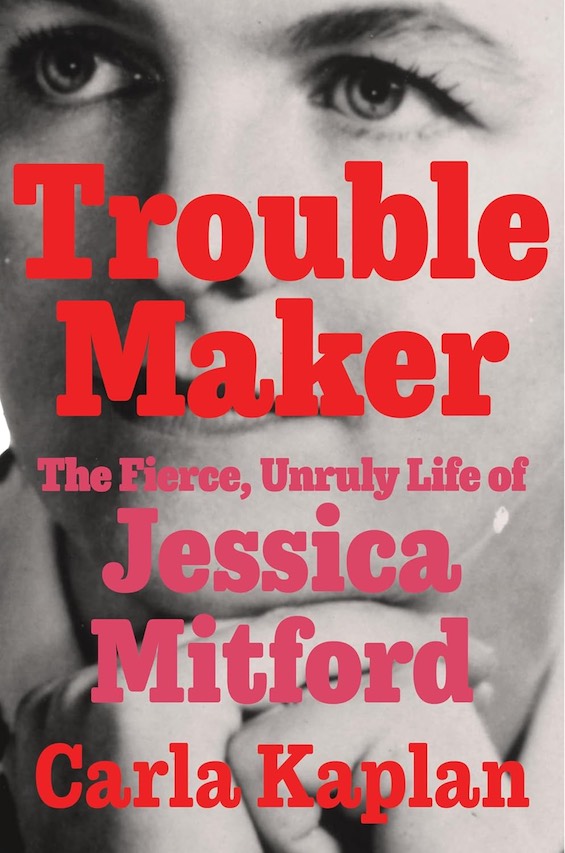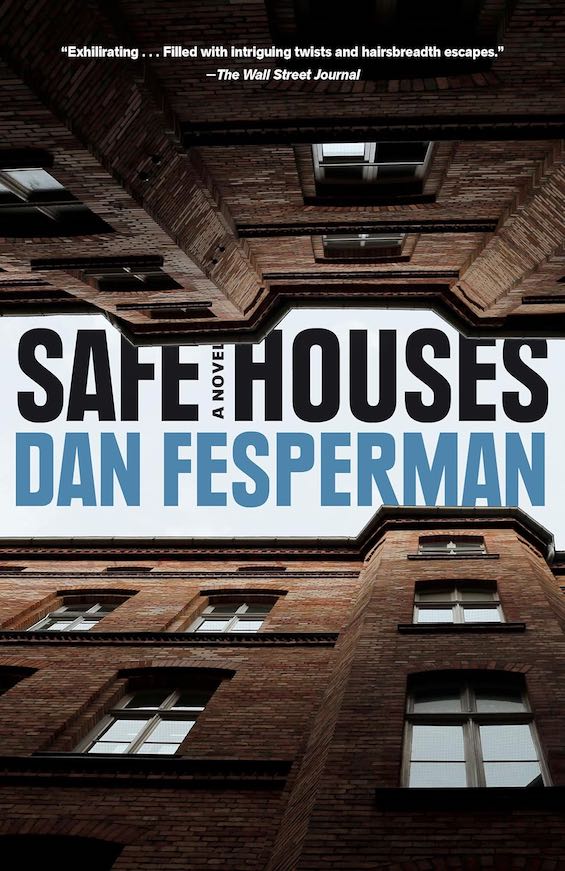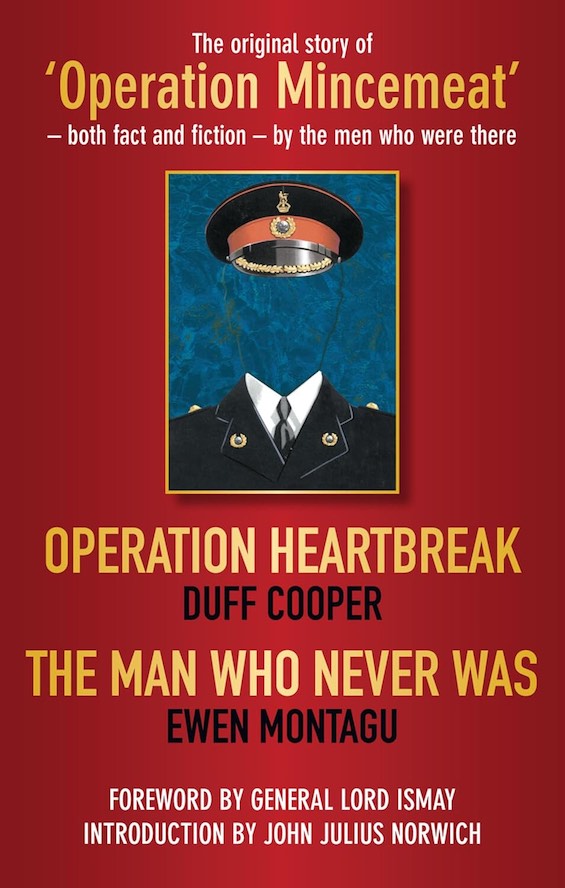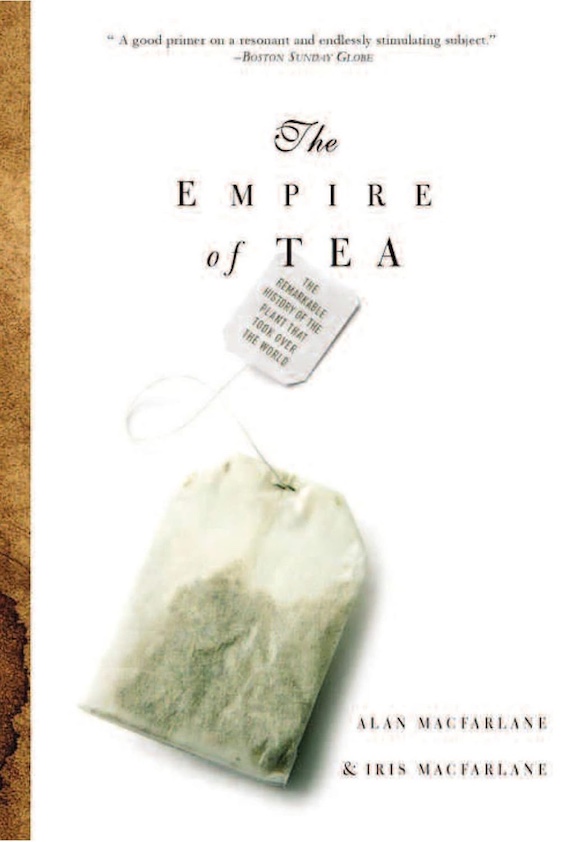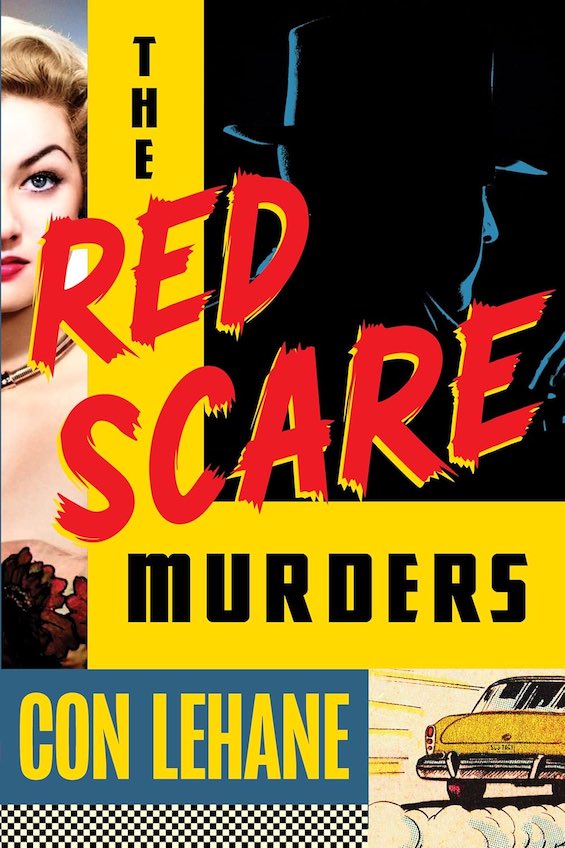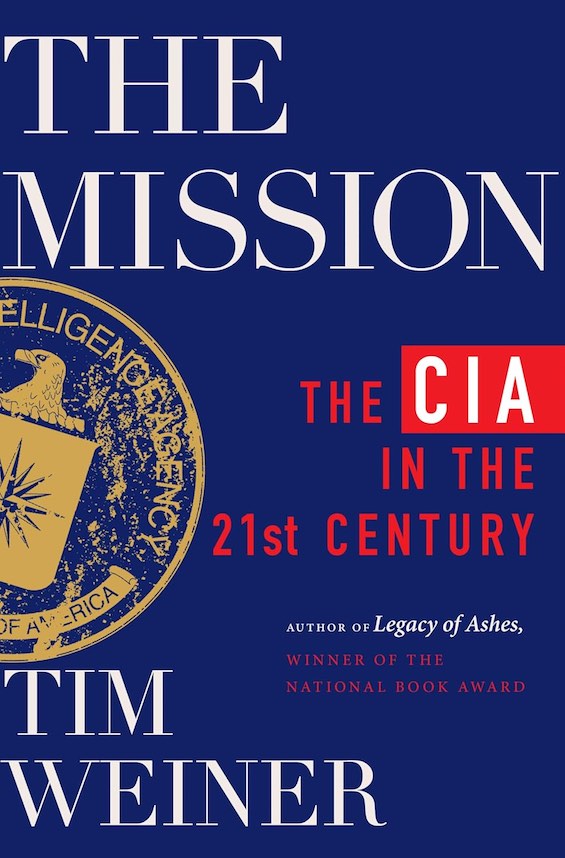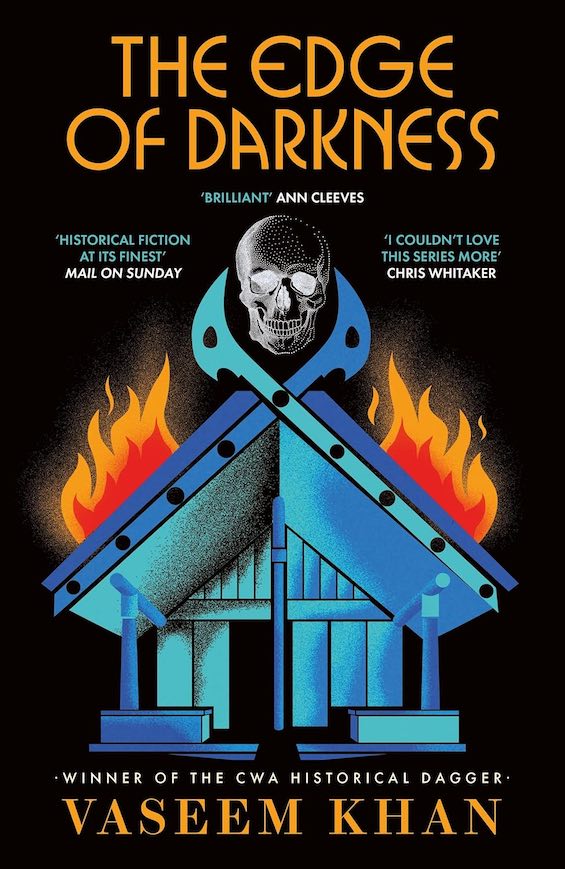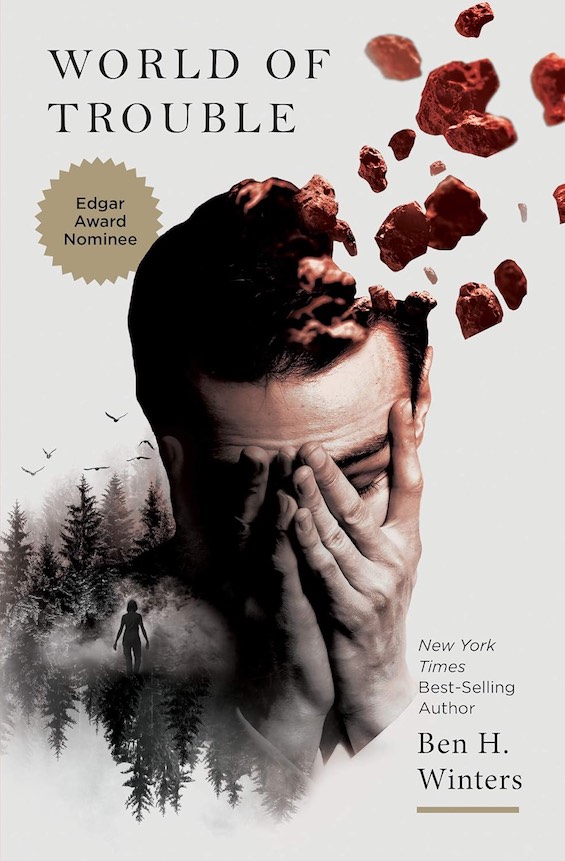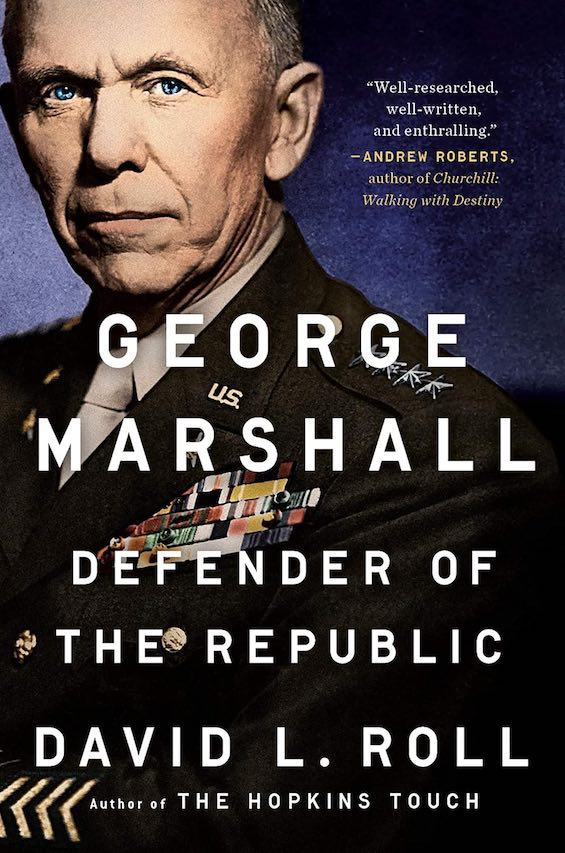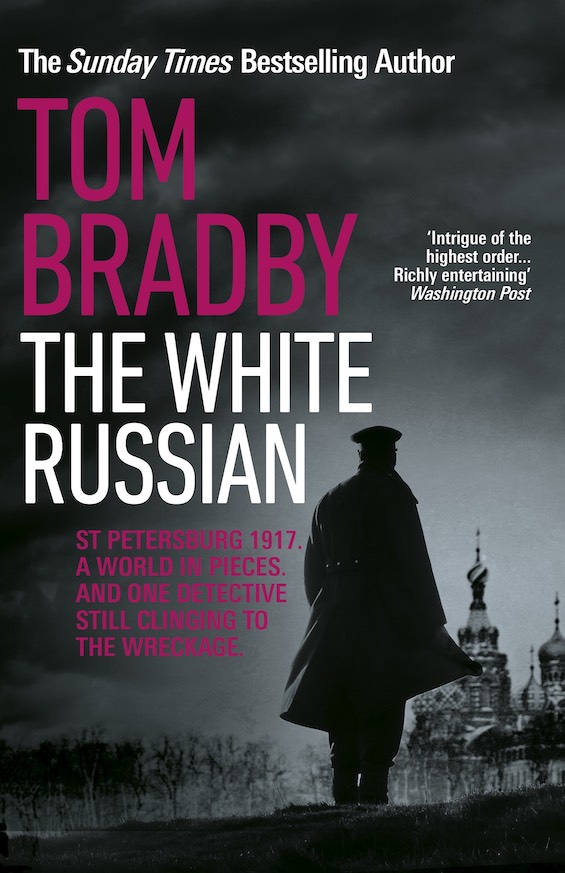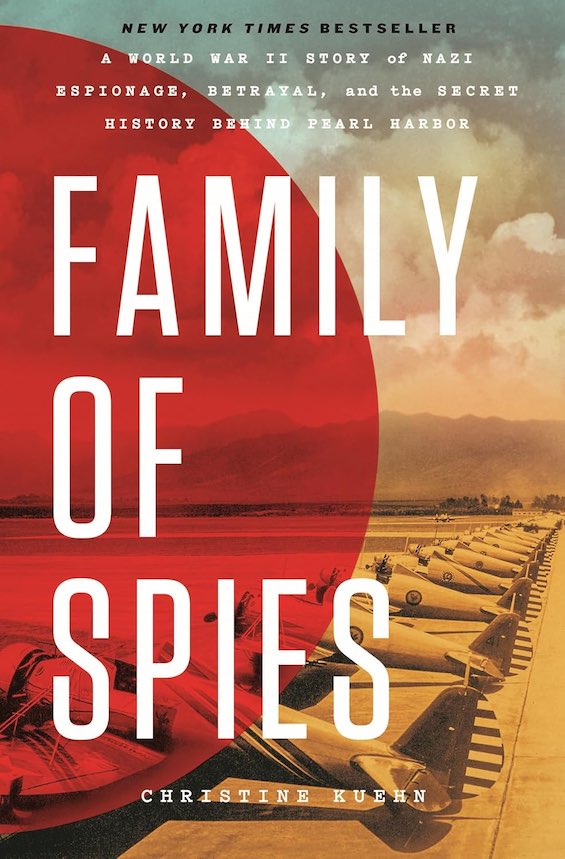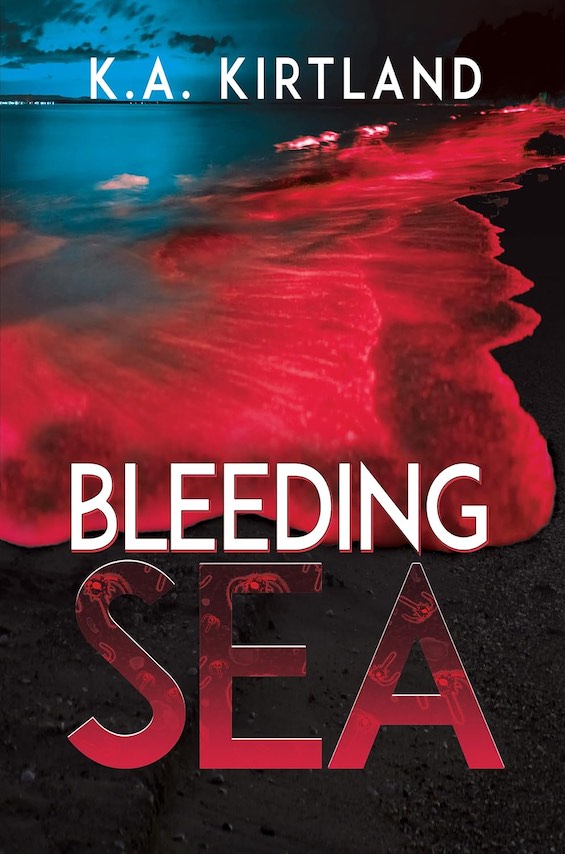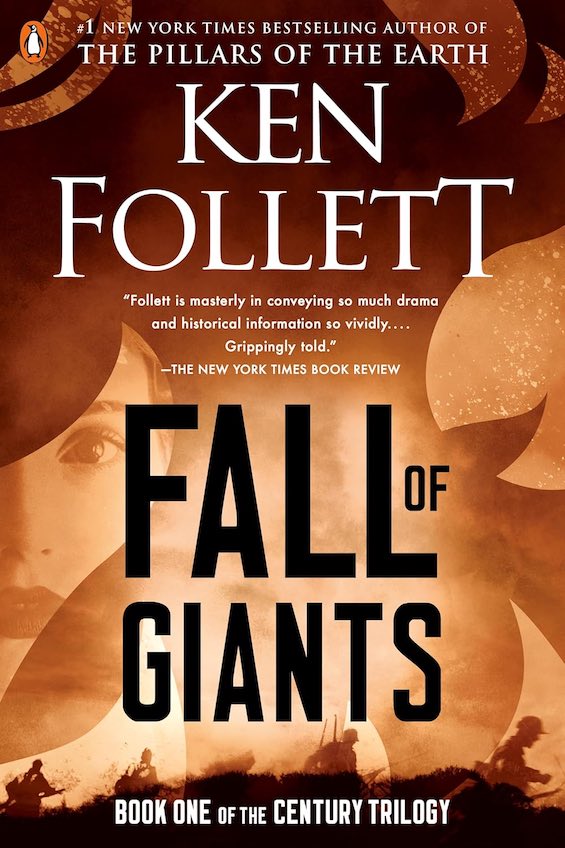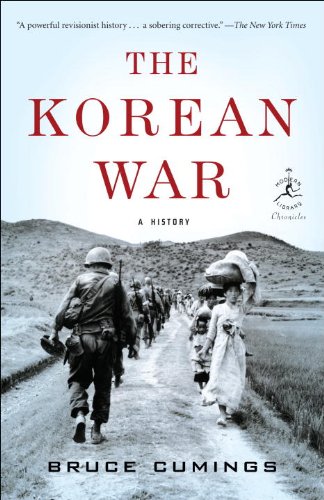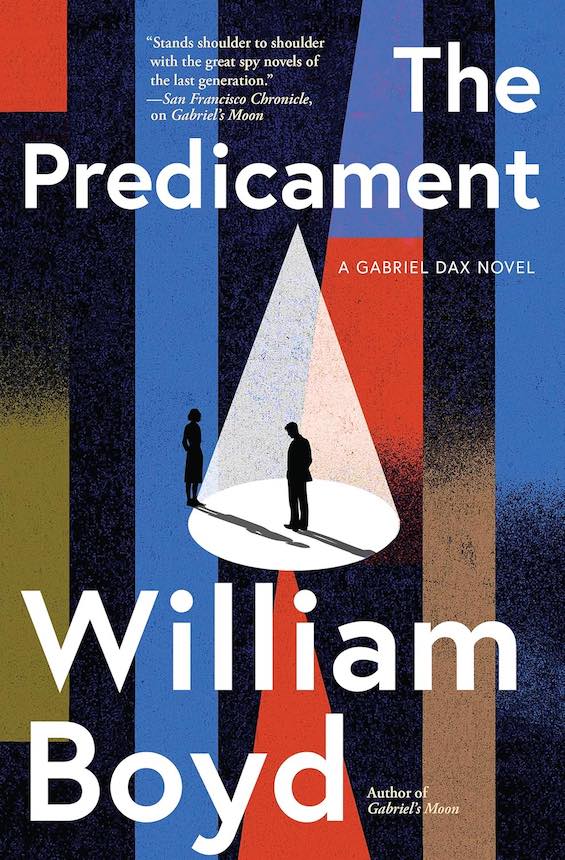When we think about the CIA, we tend to conjure up images of brush passes, dead drops, codes and ciphers, counter-surveilliance techniques, and so forth—all the trappings of spycraft we’ve picked up from the work of John le Carré, Graham Greene, Ian Fleming, and their latter-day descendants. Distributing literature isn’t likely to come to mind. But a fascinating new book by the British author Charlie English suggests it should. In The CIA Book Club, he details the top-secret operation during the Cold War to smuggle tons of printing and duplicating equipment and millions of books into Poland from the 1950s to the 1990s. It was an elaborate scheme to support underground publishing and undermine censorship and thought control behind the Iron Curtain—and it worked. The operation was instrumental in engineering the fall of Communism.
A top-secret program spanning five decades
English covers a lot of ground in The CIA Book Club. His story spans five decades and involves scores of named individuals who played meaningful roles in the tale. But like any good novelist, he focuses our attention on seven heroic characters but principally on two of them.
Mirek Chojecki
Mirosław (Mirek) Chojecki, a publisher and filmmaker who was Solidarity‘s “minister for smuggling.” Chojecki, born in 1949, was in his 30s during the rapid growth of underground publishing in Poland in the 1980s. His creation, the Independent Publishing House “NOWa,” spearheaded the publication of “forbidden” literature in Poland late in the 1970s. During his time operating in Poland, the regime arrested him 43 times. “They would release him from one detention, watch him cross the street, then pick him up again on the far side,” English reports. On average, he reckoned he spent a day a week in the police cells.” Later, operating from Paris during the period of martial law in Poland, he gained fame worldwide as the embodiment of the opposition.
Helena Luczywo
Helena Łuczywo led a group of dissident women to found the crusading newspaper Mazovia Weekly. As its editor-in-chief from 1982 to 1989, she managed a small team of reporters, editors, typesetters, printers, and couriers operating from basements and out-of-the-way private homes to produce Solidarity’s principal source of news about opposition activity throughout Poland. Born in 1946, she too was in her 30s during the peak years of underground activity.
George Minden
Other major characters include George Capuțineanu Minden (1921-2006), the Romanian-born head of the CIA book program. Minden’s principal vehicle, the CIA-funded International Literary Center, delivered works by such authors as George Orwell, Arthur Koestler, and Vladimir Nabokov into the hands of Eastern Bloc professionals, intellectuals, and dissident activists. Various sources credit him with having delivered a total of between two and 10 million books over the duration of the program. But the CIA also used other routes to funnel books and magazines behind the Iron Curtain.
Although English describes Minden’s efforts and theirs in some detail, his focus remains throughout on the Polish activists, and especially on Chojecki and Luczywo. They were two of his principal interviewees in researching the book as well as two of the major figures in the Polish opposition. The CIA’s files on the book program remain classified, so he relied on their and others’ memories and on other documentary sources to dig out this story.
The CIA Book Club: The Secret Mission to Win the Cold War with Forbidden Literature by Charlie English (2025) 353 pages ★★★★☆
The story behind this top-secret operation
Three historic figures whose names appear repeatedly in The CIA Book Program dominate the story behind the events English describes.
- Lech Walesa (born 1943), the Nobel Peace Prize-winner who cofounded the Solidarity labor union, led the opposition to Soviet domination in Eastern Europe.
- General Wojciech Jaruzelski (1923-2014), the de facto leader of the Polish People’s Republic from 1981 until 1989, imposed martial law in 1981 and served as military dictator of the country for two years. His policies drove Solidarity underground, reducing its 10-million-membership to a fraction of its peak size.
- Mikhail Gorbachev (1931-2022) was the last leader of the Union of Soviet Socialist Republics and oversaw its dissolution in 1991. His decision not to intervene when nationwide strikes broke out in Poland in 1989 spelled the doom of Communist rule in the region.
English concludes that the CIA book program, and action by the underground activists it financed, played a major role in bringing about the fall of Communism. Among others, he quotes prominent Polish dissident Adam Michnik, as saying “I am convinced it was books that were victorious in the fight.”
The chatbot Claude-AI’s major takeaways
When I queried the chatbot Claude-AI for five major takeaways from Charlie English’s new book, The CIA Book Club, the result was more general than my own. But Claude produced six takeaways (although only five were numbered).
- The book reveals how the CIA used literature as a strategic weapon, smuggling subversive books into Eastern Europe during the Soviet bloc era.
- “Free speech works. Truth wins wars. In the battle against communism, typewriters replaced guns—and were more effective.”
- The book details the incredibly complex underground publishing operations [in Poland], including the people who risked their lives, how equipment was sourced, and how printing and distribution networks functioned.
- The book pays particular attention to the CIA’s smuggling operations in Poland and explores decades of literary resistance that occurred with CIA support.
- Technological advances like satellite TV became game changers, with thousands illegally connecting to uncensored information sources.
- The book presents this historical account as both a spy thriller and a testament to how literature and free access to information played a crucial role in eventually undermining communist control in Eastern Europe.
Every one of these points is right on target.
About the author
Charlie English‘s entry on Google Books reads as follows: “Charlie English is a former journalist for The Guardian, where he held several positions including arts editor and head of international news. A fellow of the Royal Geographical Society and the author of three previous books, The Gallery of Miracles and Madness, The Storied City, and The Snow Tourist, he has traveled and reported widely around the globe. Charlie English lives in London with his family.”
For related reading
For an earlier book about one aspect of this CIA operation, see The Zhivago Affair: The Kremlin, the CIA, and the Battle Over a Forbidden Book by Peter Finn and Petra Couvée (How a novel helped speed the collapse of the Soviet Union).
You’ll find other books in this genre at:
And you can always find the most popular of my 2,300 reviews, and the most recent ones, on the Home Page.





